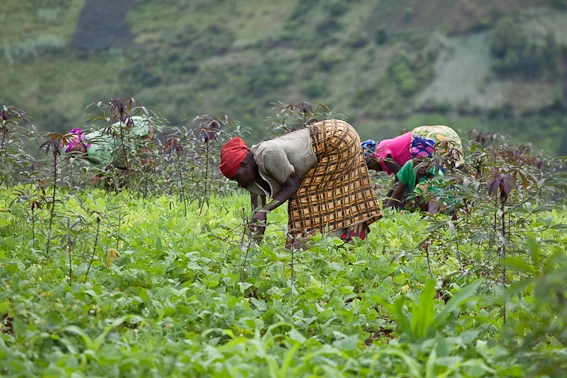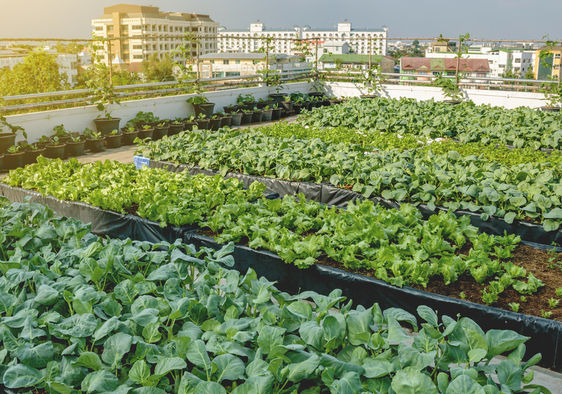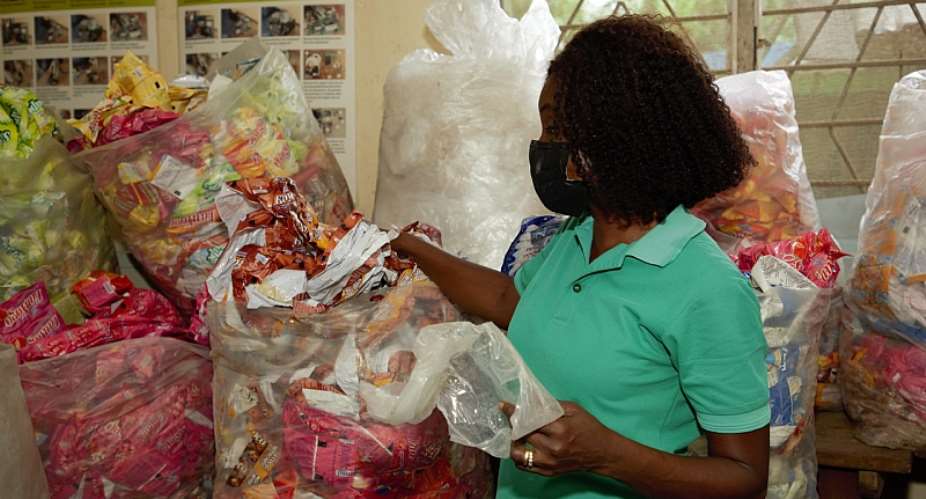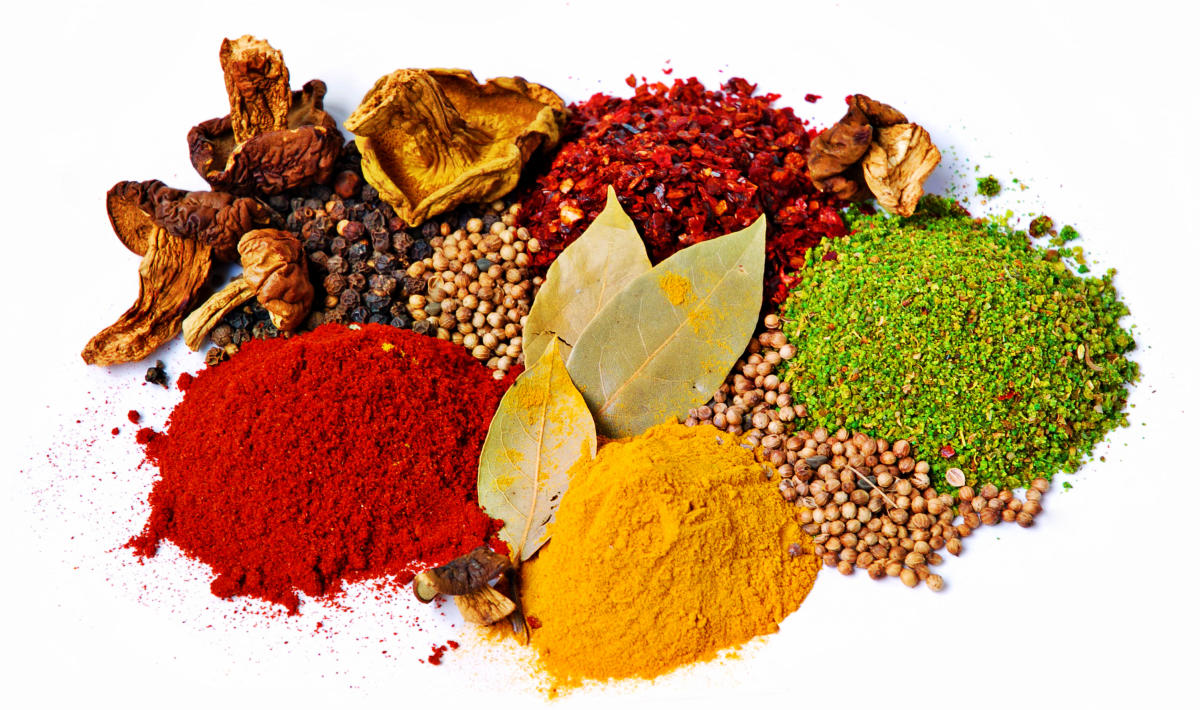
Study: High levels of mercury and fecal content in urban farm vegetables.
Mercury, a heavy metal, and fecal coliforms are known to pose health concerns to consumers. This information was obtained from an investigation of heavy metal and pathogen levels in vegetables cultivated utilizing water from certain urban regions of the Greater Accra Metropolis.
The report was published in April 2024 and was headed “Analysis of Heavy Metals and Pathogen Levels in Vegetables Cultivated Using Selected Water Bodies in Urban Areas of the Greater Accra Metropolitan Area (GAMA)”. It examines the concentrations of fecal coliform and heavy metals in two types of vegetables—lettuce and bell pepper—that are grown using open-surface wastewater from drains and built reservoirs at different points throughout GAMA.
After 67 vegetable producers completed surveys using concurrent mixed techniques, samples of vegetables were collected for laboratory analysis from three urban farm sites: Haatso, Dzorwulu, and the Weija Irrigation Scheme site (WISS).
After the vegetables were microwave-digested, the amounts of lead (Pb), mercury (Hg), and cadmium (Cd) were measured using atomic absorption spectroscopy; the MacConkey-Endo broth method was used to quantify total fecal coliform.

The World Health Organization’s (WHO) allowable limits for Cd (≤0.001 μg/mg) and Pb (≤0.005 μg/mg) values in lettuce were met by the results obtained from all three sites. The amounts of fecal coliform (>5 count/100 ml) and mercury (≥0.309 μg/mg) in the veggies from all three sites, however, were higher than what the WHO allowed.
The study concludes that eating vegetables from these kinds of urban farms exposes consumers to health hazards related to fecal coliforms and mercury.
Upon being reached, Alan Gbeasor, a member of the study team, informed the B&FT that the phenomenon is a noteworthy concern. The study shows that more needs to be done to educate people about the dangers to their health while eating vegetables grown near open water sources in the areas under observation. Additionally, it recommends that current phytosanitary regulations be upheld to improve the quality of urban veggies and food safety.
customary procedure
Many urban centers and cities have used open-surface water sources for irrigation purposes when growing vegetable fields.
These unmonitored amounts of dangerous pollutants in open-surface waters can be hazardous to human health, particularly when used to grow food-grade vegetables.
Nevertheless, there is little data available on the concentrations of fecal coliform bacteria and heavy metals in these vegetables at particular locations, especially in Ghana’s Greater Accra Metropolitan Area (GAMA).

Water scarcity brought on by urbanization
Due to the nation’s fast rate of urbanization (56.7%) and erratic rainfall patterns, which have resulted in a shortage of fresh water, many small-scale farmers are now forced to use tainted or polluted wastewater sources for their urban vegetable farms.
In addition to raising questions about the quality of agricultural products, this practice poses a risk to urban families in the Greater Accra Metropolitan Area who depend on these vegetables for food safety and health. The country’s vegetable market share is forecast to be worth US$0.95 billion in 2024 and is expected to grow to US$1.2 billion by 2029, according to the Mordor Intelligence Report.







